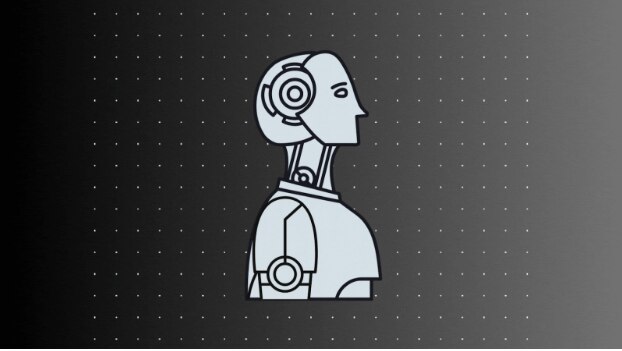As a seasoned expert in the realm of digital transformation, I have witnessed firsthand the swift and unyielding progress of technology. The world has transformed at an unanticipated rate, and the digital realm is now an integral part of our lives. I have often likened the current digital transformation to a giant wave. We must learn to surf, or risk being swallowed whole by the undertow.
Ethics in the Age of Artificial Intelligence
AI has revolutionized the way businesses operate and, undeniably, it is a pivotal part of any digital transformation strategy. However, with great power comes great responsibility. The misuse of AI and automated systems poses a threat to privacy and security, potentially leading to discrimination and violation of human rights.
For instance, imagine a scenario where an AI system making credit decisions discriminates against individuals from certain demographics. This would clearly be an ethical violation. Thus, ethical guidelines must be in place to ensure transparency, fairness, and accountability in AI-driven processes.
An Ethical Compass in Digital Transformation
Ethics should not just be a checklist, but rather the compass that guides every step of a company’s digital transformation journey. It can be quite challenging to determine what constitutes an ethical principle in a transforming business. Yet, I believe, at its core, ethics is about the well-being of humans.
When a business embarks on the path of digital transformation, I always remind them that their ethical principles should encompass consideration for stakeholders, transparency, accountability, inclusive design, responsible data governance, and ethics in AI and automation.
Pitfalls and How to Avoid Them
As businesses delve deeper into digital transformation, they often fall into the trap of ignoring ethical implications in the quest for rapid growth. Ethical blunders can irreparably damage a company’s reputation, lead to legal consequences and erode trust with stakeholders.
Developing data ethics principles is thus crucial. It’s not just about compliance with laws, but about demonstrating respect for your stakeholders. Privacy breaches and data mishandling have become all too common, and are a surefire way to lose trust. It’s like my old mentor in Silicon Valley used to tell me: “Trust is hard to earn, easy to lose, and once lost, it’s nearly impossible to regain.”
Sensory Ethics in Digital Transformation
Visualize entering a world where the invisible becomes visible. In the world of digital transformation, every action, every click, every scroll, is data. It’s like footsteps in the snow. You can see exactly where someone has been, where they paused, where they decided to change direction. And just as those footprints can be followed, so can digital actions.
That’s the beauty and the curse of the digital world. It’s filled with vibrant colors of innovation, but it also has the bitter taste of invasion if not handled responsibly.
Responsible Data Governance
Data is the lifeblood of digital transformation. However, the collection, storage, and use of this data come with ethical implications. As a random yet relevant fact, did you know that, according to IBM, 2.5 quintillion bytes of data are created every single day? The scale is astounding and the opportunities endless, but the ethical considerations are massive too.
There is a crucial need for stringent data privacy guidelines and responsible data governance. Companies must commit to the ethical use of data, be transparent about their data collection and usage practices, and ensure they have strong security measures in place to protect data.
Personal Reflections
Overall, the growing digitalization around me has both amazed and concerned me. It’s like a dance. It can be graceful, fluid, and perfectly synchronized, but one misstep can lead to a tumble. It’s the same with digital transformation. The potential for innovation and growth is immense, but so are the ethical implications.
Therefore, the need for a strong moral compass in the midst of this digital whirlwind is more critical than ever. My hope is for companies to realize this, to navigate the challenges of digital transformation ethically, and protect not only the interests of their business but also the privacy and rights of their customers.
And as we venture further into this digital age, let’s remember to surf the waves of transformation with a solid board of ethics under our feet. As I often say, “Digital transformation without ethics is like a ship without a compass. It might be moving, but it has no direction.”







